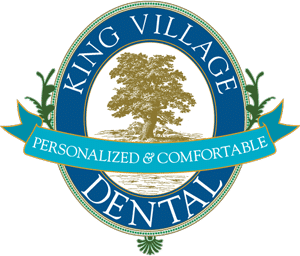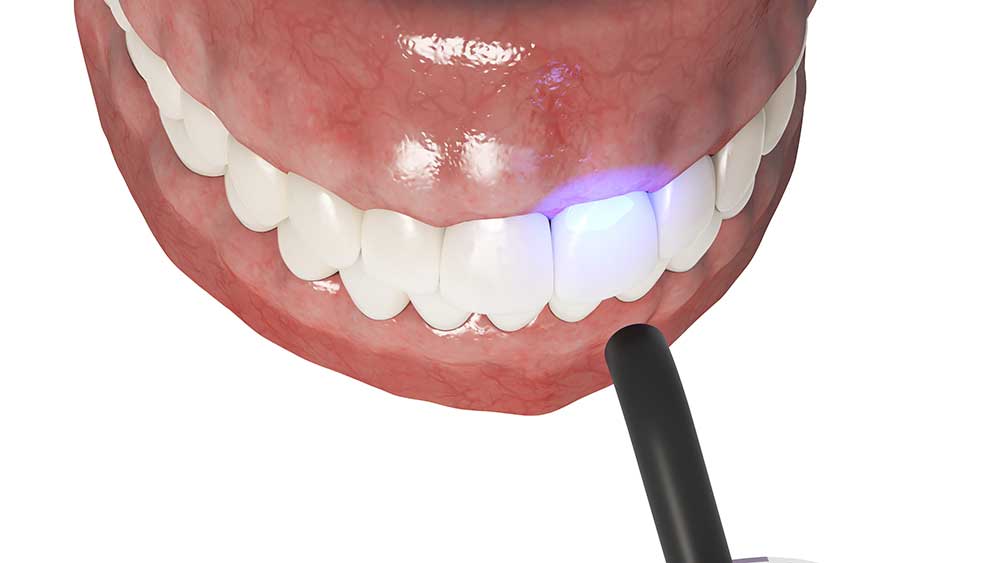F.A.Q.
1. What is cosmetic bonding?
Cosmetic bonding is a procedure where we adhere a tooth-colored resin onto your tooth to repair imperfections like chips and cracks. It also works for stains and gaps.
2. Can anyone get cosmetic bonding?
Most people can get cosmetic bonding. Good candidates are those with minor damage or imperfections.
3. How long does a cosmetic bonding procedure take at King Village Dental in Bowmanville?
We can often complete cosmetic bonding in a single visit, typically within an hour, similar to that a dental cleaning.
4. Does cosmetic bonding require anesthesia?
Most of the time, we wouldn’t use anesthesia for cosmetic bonding. The only time is if we are working in a deep area that may be more uncomfortable.
5. How long does cosmetic bonding last?
Bonded restoration lasts between 3 to 10 years.
6. What are the limitations of cosmetic bonding in Bowmanville compared to veneers or crowns?
Bonding is less durable than veneers or crowns. It can stain and doesn’t work well for those with teeth structural problems.
7. Can I whiten my teeth after getting cosmetic bonding in Bowmanville?
That isn’t a good idea because the bonded area will look different. We advise whitening first. Then, the bonding can be matched to the brighter teeth.
8. How should I care for my bonded teeth?
Avoid staining foods and drinks for 48 hours and stay away from biting hard things like ice.


